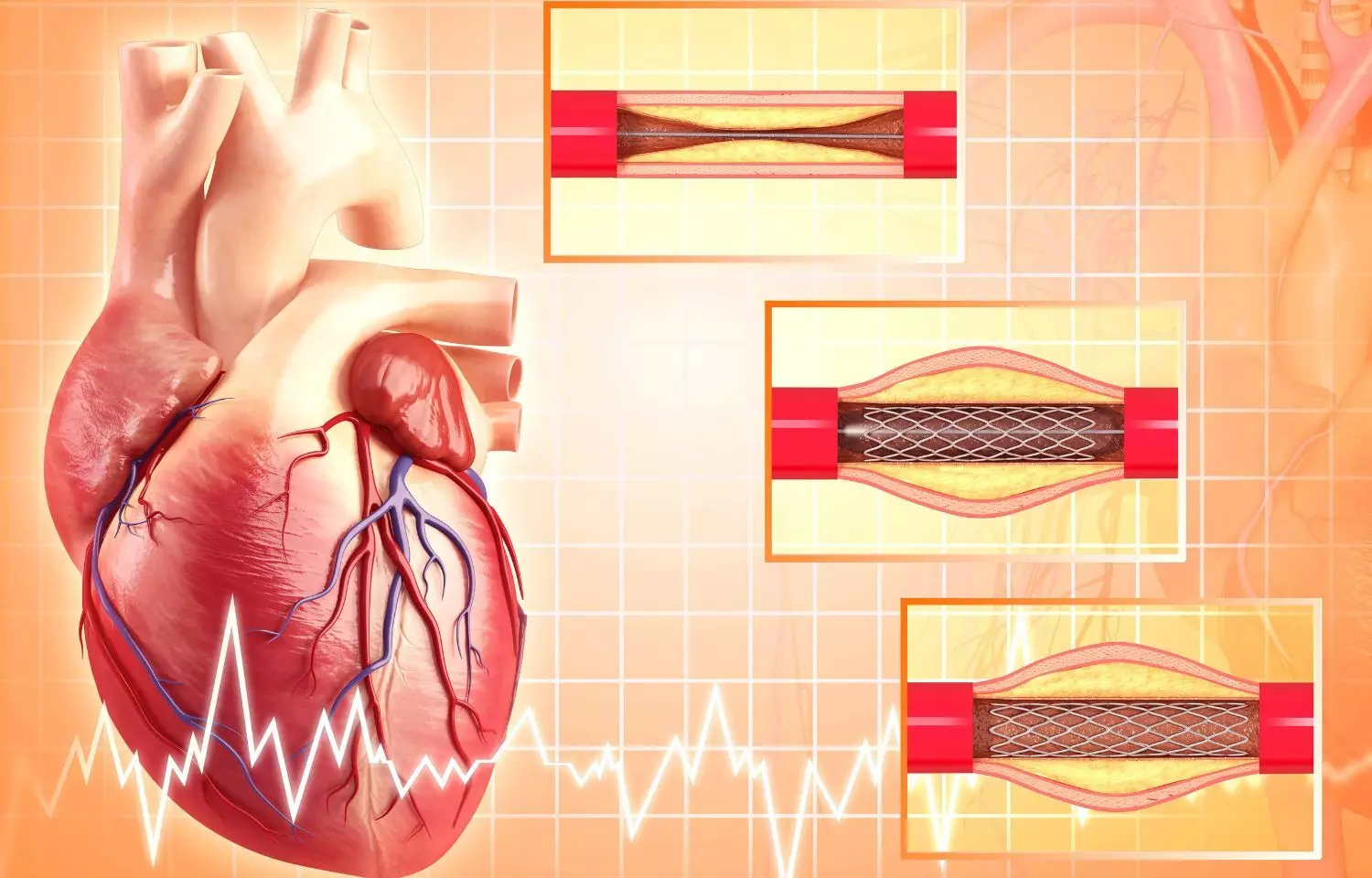- Home
- Medical news & Guidelines
- Anesthesiology
- Cardiology and CTVS
- Critical Care
- Dentistry
- Dermatology
- Diabetes and Endocrinology
- ENT
- Gastroenterology
- Medicine
- Nephrology
- Neurology
- Obstretics-Gynaecology
- Oncology
- Ophthalmology
- Orthopaedics
- Pediatrics-Neonatology
- Psychiatry
- Pulmonology
- Radiology
- Surgery
- Urology
- Laboratory Medicine
- Diet
- Nursing
- Paramedical
- Physiotherapy
- Health news
- Fact Check
- Bone Health Fact Check
- Brain Health Fact Check
- Cancer Related Fact Check
- Child Care Fact Check
- Dental and oral health fact check
- Diabetes and metabolic health fact check
- Diet and Nutrition Fact Check
- Eye and ENT Care Fact Check
- Fitness fact check
- Gut health fact check
- Heart health fact check
- Kidney health fact check
- Medical education fact check
- Men's health fact check
- Respiratory fact check
- Skin and hair care fact check
- Vaccine and Immunization fact check
- Women's health fact check
- AYUSH
- State News
- Andaman and Nicobar Islands
- Andhra Pradesh
- Arunachal Pradesh
- Assam
- Bihar
- Chandigarh
- Chattisgarh
- Dadra and Nagar Haveli
- Daman and Diu
- Delhi
- Goa
- Gujarat
- Haryana
- Himachal Pradesh
- Jammu & Kashmir
- Jharkhand
- Karnataka
- Kerala
- Ladakh
- Lakshadweep
- Madhya Pradesh
- Maharashtra
- Manipur
- Meghalaya
- Mizoram
- Nagaland
- Odisha
- Puducherry
- Punjab
- Rajasthan
- Sikkim
- Tamil Nadu
- Telangana
- Tripura
- Uttar Pradesh
- Uttrakhand
- West Bengal
- Medical Education
- Industry
Ferric carboxy maltose use in iron deficiency anemia linked to increased hypophosphatemia: BMJ

Ferric carboxymaltose (FCM) which is used for the management of iron deficiency was found to cause hypophosphatemia more than ferric derisomaltose (FDI) as per a recent study that was published in the journal Gut.
Intravenous iron is the common mode of treatment for anemia or iron deficiency anemia. Intravenous iron is available in two forms which are ferric carboxymaltose (FCM) and ferric derisomaltose (FDI). But using these can cause hypophosphatemia. As there is not much literature on the amount of hypophosphatemia caused by FCM or FDI, researchers conducted a study to compare the incidence of hypophosphatemia after treatment with FCM or FDI.
A randomized, double-blind, clinical trial was conducted at 20 outpatient hospital clinics in Austria, Denmark, Germany, Sweden, and the UK in Europe. Adults with IBD and iron deficiency anemia (IDA) were randomized 1:1 to receive FCM or FDI. Using identical hemoglobin- and weight-based dosing regimens, the participants were given FCM or FDI at baseline and Day 35. The primary outcome was the incidence of hypophosphatemia with serum phosphate <2.0 mg/dL at any time from baseline to Day 35 in the safety analysis set. Markers of mineral and bone homeostasis, and patient-reported fatigue scores, were measured.
Results:
- A total of 156 patients were screened out of which 97 were included and treated.
- Of these 49 were in the FDI, and 48 were in the FCM group.
- 51.0% of the FCM-treated patients and 8.3% of FDI-treated patients reported Incident hypophosphatemia.
- IDA was corrected by both iron formulations.
- Patient-reported fatigue scores improved in both groups, but more slowly and to a lesser extent with FCM than FDI; slower improvement in fatigue was associated with a greater decrease in phosphate concentration.
Thus, the researchers concluded that FCM caused a significantly higher rate of hypophosphatemia than FDI despite effectively managing iron deficiency anemia.
To read the full, click here: 10.1136/gutjnl-2022-327897
Zoller H, Wolf M, Blumenstein I, et al. Hypophosphatemia following ferric derisomaltose and ferric carboxymaltose in patients with iron deficiency anemia due to inflammatory bowel disease (PHOSPHARE-IBD): a randomized clinical trial. Gut Published Online First: 09 September 2022.
BDS, MDS
Dr.Niharika Harsha B (BDS,MDS) completed her BDS from Govt Dental College, Hyderabad and MDS from Dr.NTR University of health sciences(Now Kaloji Rao University). She has 4 years of private dental practice and worked for 2 years as Consultant Oral Radiologist at a Dental Imaging Centre in Hyderabad. She worked as Research Assistant and scientific writer in the development of Oral Anti cancer screening device with her seniors. She has a deep intriguing wish in writing highly engaging, captivating and informative medical content for a wider audience. She can be contacted at editorial@medicaldialogues.in.
Dr Kamal Kant Kohli-MBBS, DTCD- a chest specialist with more than 30 years of practice and a flair for writing clinical articles, Dr Kamal Kant Kohli joined Medical Dialogues as a Chief Editor of Medical News. Besides writing articles, as an editor, he proofreads and verifies all the medical content published on Medical Dialogues including those coming from journals, studies,medical conferences,guidelines etc. Email: drkohli@medicaldialogues.in. Contact no. 011-43720751




